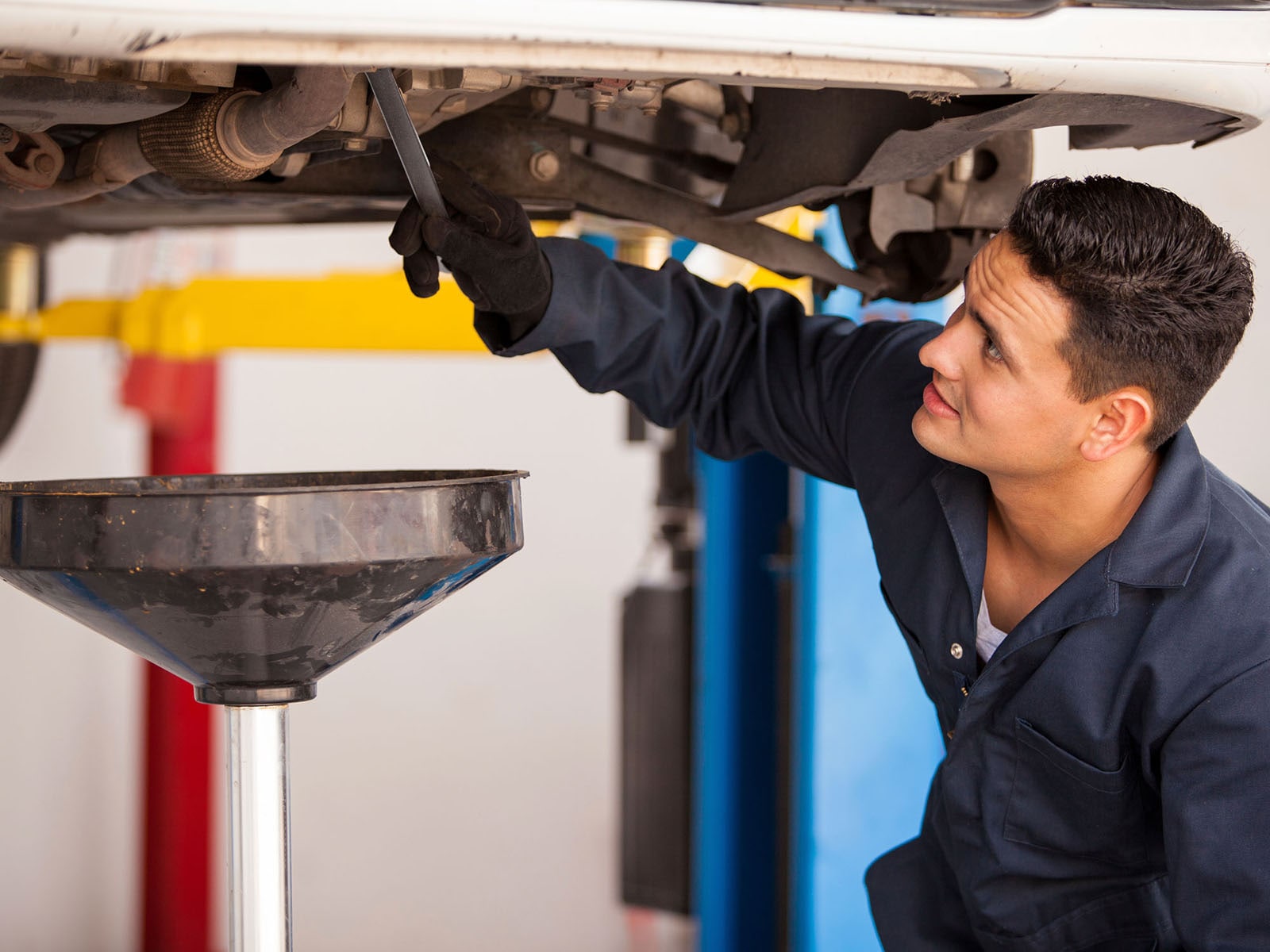Service Questions
Why Maintaining Your Vehicle Matters
Regular vehicle maintenance is crucial for both safety and financial reasons. A well-maintained vehicle is less likely to break down, reducing the risk of accidents and leaving you stranded. Additionally, regular maintenance can improve traction, enhance visibility, and extend the life of your vehicle, all while saving you money on gas and repairs.
Creating a maintenance schedule, keeping a maintenance log, monitoring your vehicle's condition, addressing issues promptly, and consulting your owner's manual are all essential steps in staying on top of vehicle maintenance. By prioritizing regular maintenance, you can reduce the risk of costly repairs and extend the life of your vehicle.
In short, regular vehicle maintenance is not just a necessary evil, but a vital investment in your safety and financial well-being. By taking the time to properly maintain your vehicle, you can ensure a safe and reliable ride for years to come.

The Importance of Taking Care of Your Tires
Your tires are a critical component of your vehicle, providing traction, stability, and safety on the road. Yet, many drivers neglect their tires, failing to check their pressure, condition, and tread depth regularly. This lack of maintenance can lead to serious consequences, including reduced fuel efficiency, uneven tire wear, and increased risk of accidents.
To ensure your safety and extend the life of your tires, follow these best practices: check your tire pressure regularly, rotate your tires every 5,000 to 8,000 miles, check your tire tread depth regularly, and look for signs of wear such as cracks or bulges. Additionally, maintain your vehicle's alignment to ensure proper tire wear and handling.
The Importance of Regular Oil Changes
Regular oil changes are essential for maintaining your vehicle's health and longevity. As a vehicle owner, you're likely aware of the importance of regular maintenance, but neglecting oil changes can lead to serious consequences. Without regular oil changes, your engine may become damaged, fuel consumption may increase, and engine performance may suffer.
The Risks of Neglecting Oil Changes
If you neglect to change your oil regularly, you may be putting your vehicle at risk for engine damage, premature engine failure, and reduced fuel efficiency. Dirty oil can cause wear and tear on engine components, leading to costly repairs down the road. Additionally, neglected oil changes can lead to reduced engine performance, decreased acceleration, and increased emissions.
